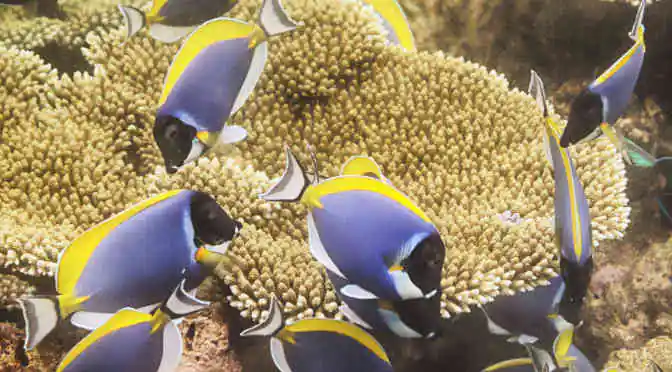The feed of aquatic animals hardly makes headlines. But with a decline in the number of wild fisheries, and aquaculture turning into a full-fledged industry unto itself, aquatic feed too has garnered a lot of attention. And the quality of feed turned into the obvious focus of several environmentalists and industry experts. To pinpoint where did the entire conversation on the aquatic feed began would be a rather futile task. What rather needs more of our attention, is the pressing fact that the quality of the feed affects the health of the marine animals and consequently the entire aqua system.
Feeding the wrong way
Aquatic feeds have been under the scanner mainly due to improper formulations. Typically fish meal and fish oil are the two main ingredients of any aquatic feed. Maize, rice, and soybean are the other vital additives used. The main controversy has been in maintaining a balance in this composition. The real problem arose with the introduction of plant protein in the feed.
Now even though plant proteins are less costly and free of chemicals like mercury and dioxin; the fact remains that fish naturally feed on other fish. So, replacing fish meal with plant proteins is only going to affect the aquatic animals in a negative manner. Also, several research papers have proved how plant proteins may have anti-nutritional effects on fish. Thus, using plant protein is, in fact, a move away from the natural way in which aquatic animals are to be reared.
The right composition of any aquatic feed is a fine balance between amino acids, antibiotics, vitamins, and antioxidants. And this cannot be achieved without including fish oil and fish meal in the composition.
Technavio Advantage – Serving the right food
The goal of aquaculture is to come up with sustainable practices which will help replenish the balance in the aqua-ecosystem. Using the right feed is a tiny, yet vital step in achieving this goal. Keeping this fact in mind vendors are working towards formulating feeds which are sustainable and at the same time have all the vital ingredients needed for the healthy growth of aqua animals. ADDCON, for instance, have started including organic acids and salts in the feed to promote the growth of fishes. Cermaq, which has one of the largest R&D teams in the aquaculture farming industry, has come up with a special formulation for Salmons.
Due to this immense interest among vendors in the aquaculture industry, our market researchers expect the aquatic feed market to grow rapidly by 2021.
To get a detailed understanding of Global Aquatic Feed Market



